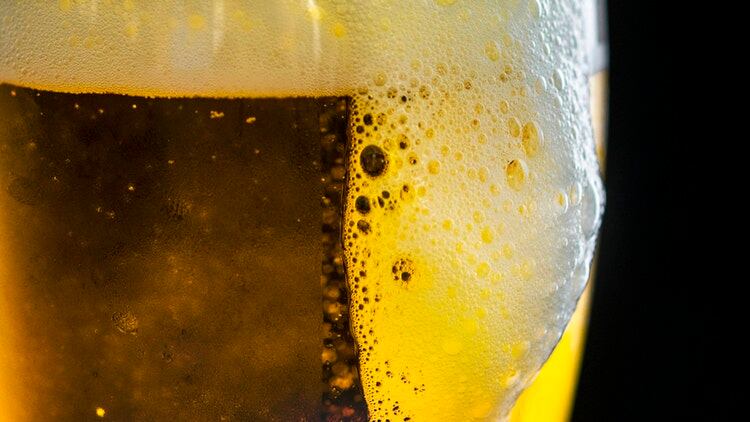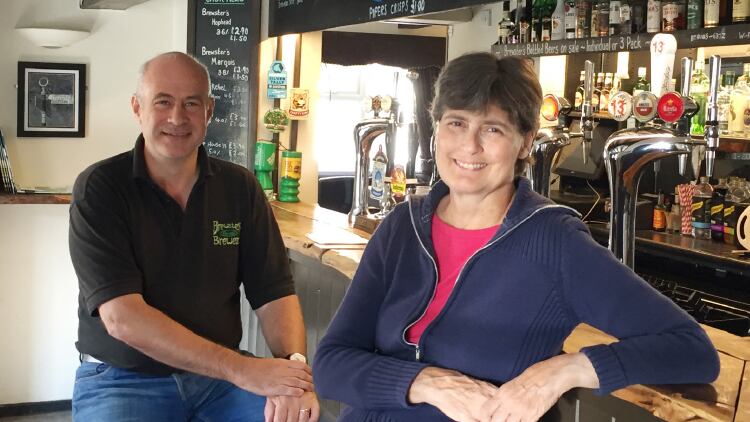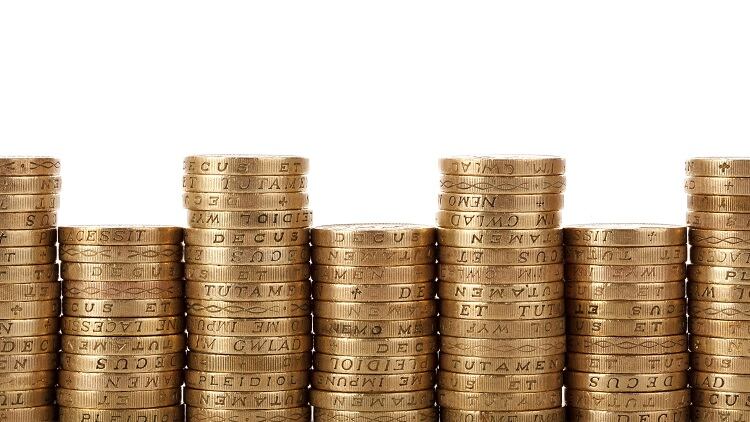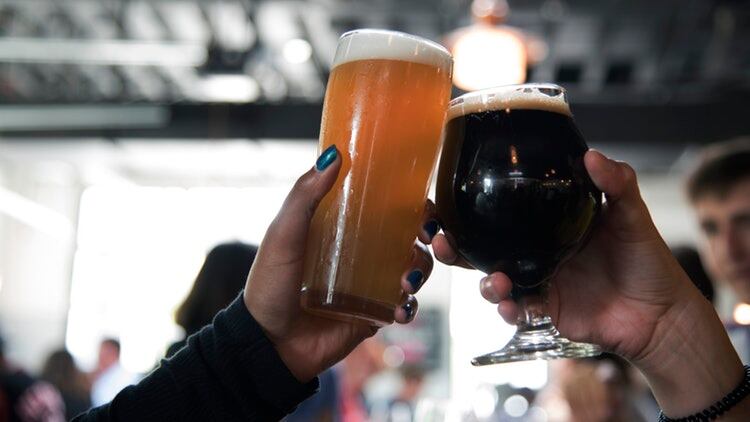According to CGA, the number of pints of draught beer sold in the on-trade in 2017 was 3,128,113,278.
If beer duty is not frozen in November, the cost of a pint could rise by 4p and so based on the number of pints sold last year, this means drinkers would be spending £125,124,531 more.
Chancellor of the Exchequer Philip Hammond announced a freeze in beer duty in last year's Autumn Budget, which he said was backing great British pubs.
However, figures from the Campaign for Real Ale, which were released in March this year found that 18 pubs a week are closing due to a triple whammy of high beer duty, rising business rates and VAT.
Health campaigners have argued that beer duty should rise and the money raised from the tax increase should be spent on the NHS, police forces and alcohol treatment services.
British Beer & Pub Association chef executive Brigid Simmonds told The Morning Advertiser that pubs benefit people’s health by combatting loneliness and being part of the community.
Simmonds said: “The price of a pint will go up at least 4p as a result of a 2% increase in beer duty and that in turn affects footfall in pubs.”
“Pubs have a really important part to play in health in combatting loneliness, getting people out of the home and the role they fulfill in local communities.
“Many doctors have publically said they are supportive of pubs.”
Small businesses
Simmonds outlined what previously happened when beer duty saw a rise above the level of inflation.
She added: “Between 2008 and 2014, we had a 42% increase in beer duty when we had the beer duty escalator and the tax was 2% above inflation.
“Without doubt, high beer duty does affect the closure of pubs because they are small businesses and have nowhere to go.”
UKHospitality (UKH) chief executive Kate Nicholls said the rise in beer duty would push people towards buying alcohol from supermarkets.
“Duty was among UKH’s asks in our pre-Budget letter, pushing the Chancellor for a range of support, that also included reform of business rates, doubling the national insurance contribution threshold and a freeze in duty to support vital businesses,” she added.
“Significant duty increases make drinks in pubs and bars more expensive and would likely have the unintended consequence of people drinking cheaper off-trade alcohol. “Closing venues in which customers can drink responsibly in a supervised environment is not the right way to combat problem drinking.
“The self-defeating policy would increase cost for hospitality businesses when we are already seeing closures on the high street.”
However, health lobbyists for a rise in duty outlined that an increase would actually benefit pubs and that a cut or freeze would impact the licensed trade in a negative way.
Supermarket alcohol
Colin Shevills, director of Balance, an agency in the north-east that aims to reduce alcohol consumption, told The Morning Advertiser: “There are clear health reasons why beer duty should be increased. Alcohol is 60% more affordable than it was in 1980.
“The biggest issues licensees have is competing with cheap supermarket alcohol. When you cut alcohol duty, supermarkets are able to pass those cuts on more readily to the customer and that means it makes it more difficult for pubs to compete.
“Evidence suggests to us that not only does it not help pubs but cheaper alcohol leads to greater consumption, which leads to greater harm.
“Some 89% of publicans who responded in our survey said they had received no benefit from duty cuts since 2012 and 2013 (survey of 200 publicans across the north-east of England).
However, one operator disagrees with Shevills comments and highlighted the way forward in reducing alcohol harm was working together and education.
Lee Price, licensee of the Royal Pier in Aberystwyth, Wales, said: “The proposed rise in beer duty is an effective strategy for reducing the number of British pubs and ripping the heart out of communities across the UK.
“In the likely event that supermarkets will not fully pass on any increases to its domestic drinkers, cheap booze will stay cheap, and the most common form of alcohol consumption will continue to cause uncontrolled harm.
“Partnership work, comprehensive education and responsible drinking in well-managed bars will deliver the culture they (AHA) are so desperate to see.”




